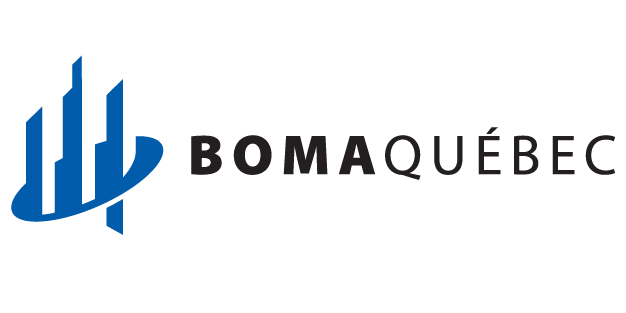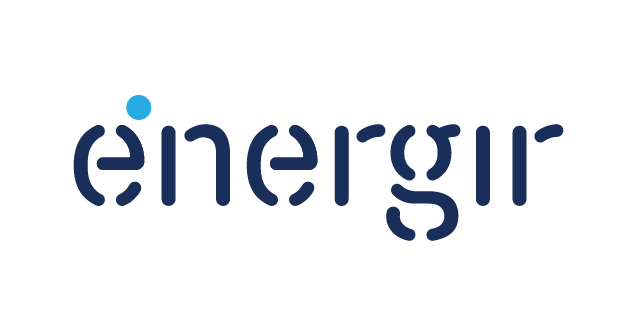On January 26th, the first edition of what is destined to become an annual meeting for those involved in the energy transition of Quebec buildings took place. This initiative aims to introduce property managers committed to drastically reducing their GHG emissions to various specialists who can support them in their efforts. Five firms were selected to present their innovations as part of the event. This article focuses on The Master Group. The company’s technical director Kevin Guay was interviewed by Mario Poirier, BEC program director.
Mario Poirier: Your company is a supplier of HVAC products. What aspects does The Master Group cover?
Kevin Guay: The Master Group is one of the largest distributors of heating, air conditioning, ventilation and refrigeration products and systems in eastern Canada. The company is 100% Quebec-based and has been in business for over 75 years. We specialize in the residential, commercial and industrial sectors.
M.P. What products or systems did you present at the conference in January?
K.G. Our presentation was about CO2 heat pumps, a technology that is on the rise because it is much less damaging to the environment. Heat pumps have long been popular for their energy efficiency, but they are filled with fluorinated gases, powerful GHGs that have a much worse impact than CO2, and are thus limited to certain applications. The new CO2 heat pumps address that shortcoming.
The two most common applications today are for domestic hot water and refrigeration systems in the food industry. The new heat pumps allow for the recovery of energy at very high temperatures, as opposed to a conventional heat pump. When we work with CO2 we work with very high operating pressures, which allows us to reach wider temperature ranges. Such high energy efficiency is more difficult to achieve with conventional systems.
CO2 systems are increasingly used in the food industry and in supermarkets, as they need to generate very low temperatures for refrigerators, for example. Most of the big chains are going with CO2 because it is the least harmful refrigerant for the ozone layer. It is a very interesting approach for real estate companies, as long as they can use them in applications that take advantage of this technology.
M.P. So it’s not the best heating choice for all types of buildings?
Correct. It would work for heating with a differential of 20 degrees, but the coefficient of performance will be 1 to 1.5, instead of 3, 4 or 5, so it would not be optimal. It represents a substantial investment, so in terms of profitability if you don’t go for a coefficient of 3, 4 or 5, it is not profitable.
M.P. So we’re talking about a specialized application niche.
K.G. Yes, when you’re looking for performances that you can’t achieve with conventional equipment, such as very cold temperatures (refrigeration) or high temperature domestic hot water for an apartment building. The only drawback is that the optimal range of the CO2 heat pump extends to an outdoor temperature -20 degrees Celsius. Beyond that temperature, an additional device is required to maximize the efficiency of the heat pump. But it integrates very well.
M.P. Is this type of equipment readily accessible?
K.G. Yes, equipment of that type is currently available. It is important to know that optimal projects for these applications are analyzed and planned in-depth in order to determine the best possible components based on the context, in order to really maximize the efficiency gain and the investment. The time required to implement the project varies according each projec’s needs and issues, and the complexity of the systems required.
M.P. What sort of profitability are we looking at?
K.G. Each project is different, so it’s a difficult question to answer. It’s a relatively recent product, and we’re still evaluating what sort of financial assistance is available to help accelerate the return on investment. The ROI is currently estimated at 6-7 years, depending on the applications and the financial support available. Given the rise in decarbonization targets, support will increase.
These systems have only recently been introduced to the market, but their implementation will continue to grow as they are truly the future. CO2 heat pumps are evolving into one of the most eco-efficient options available on the market today, for both low and high temperature operations.
For more about The Master Group, visit www.master.ca







